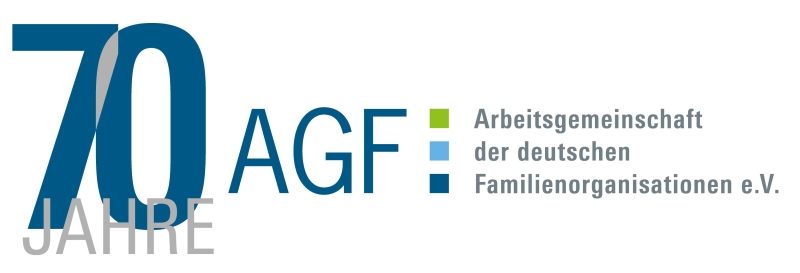[5. 9. 2012] This wednesday, JAKO-O intrdouced its second educational study. The results show the requirements which parents expect from the educational system and how they concern themselves with the education of their children. AGF has published a comment on the study.
AGF Comment on the 2nd JAKO-O Education Study: Important Expectations of Parents concerning Schools in Germany are still not met
Education creates future opportunities: for society as a whole as well as for each individual. A good education system provides possibilities to devolop a strong personality of a child, regardless of the socioeconomic status of its family, to promote its strenghts and to compensate weaknesses. A good education policy may even break the poverty spiral. The importance of high quality education for society is also emphasized on European level, by the Europe 2020 strategy, which names a raise in education as one of its five major goals.
Parents know about the great importance of education, as the second JAKO-O study on education clearly reveals. But something seems to be wrong with the social basis already: it is alarming that only 53 percent of parents with school children up to 16 years, find Germany a child friendly country. It is only little comfort, that it was even less than half of the parents two years ago.
Education is more than preparing the younger generation for the labour market and compensating the suspected future shortage of skilled workers. Reducing school to a place of job-orientated education and efficiency is neither satisfying from the perspective of the parents nor for the society. Instead, it is more important to provide a comprehensive general knowledge and to raise responsible people, capable of making informed decisions.
Not only for the individual but also for society as a whole, it is thereby crucial that all children have equal educational opportunities. This is the claim of a vast majority of the parents (84 percent), but reality in Germany is far away from that. The opportunities of children are far worse the less ressources their families have concerning time, money, education and stability. And vice versa: the higher the parents’ education, the better their childrens’ chances to be succesfull at school and to reach higher educational levels. Parents have a keen sense for these connections, that is why more than half of them consider the German educational system unjust.
Educational institutions have to be aimed at compensating social differences instead of strenghtening them. “All-day” schools with their additional services can commit to this. Reinforcing and extending these schools therefore corresponds to the parent’s wishes.
Parents care for the well-being of their children, often accepting private restrictions: they spend a lot of time for the daily support of their childrens’ school activities (75 percent), bear considerable financial burdens, especially when there is a rather small family income (69 percent) and above all the mothers often give up carrier opportunities (57 percent). By doing so, parents not seldomly try to fill the gaps in the public and schools’ infrastructure. It is critisised by nearly two third of the parents, that school in particular fullfills only part of its duties and therefore, a lot needs to be done by the families themselves.
It is a crucial challenge for politics to finally provide the necessary frame work: an educational infrastructure, which is open to all children, regardless of their social background, their origin or other characteristics, which realizes, equipped with appropriate staff and financial ressources needed, an education really meeting the interests of the children, the parents and the society.

